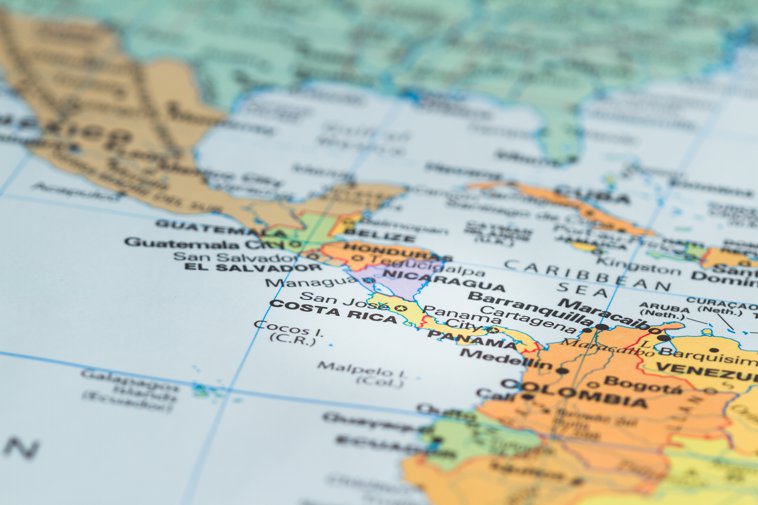¿De Dónde Eres?
When To Use ¿De Dónde Eres?
You’ll ask ¿De dónde eres? when addressing one person who is your age or younger (or who has told you you may address them using tú). If you’re talking to someone who’s older than you, someone to whom you want to show respect, or to more than one individual, you'll want ask Where are you from? using a different form. Take a look at how you can ask Where are you from? in Spanish!
For example:
| examples |
|---|

How To Answer ¿De Dónde Eres?
Answering ¿De dónde eres? is quite simple. Take a look at how you answer this question:
For example:
| examples |
|---|

Countries and Nationalities
When you’re talking about where you are from, it’s important to know vocabulary related to countries and nationalities in Spanish. Here are some common country names and nationalities.
This is just a selection of Spanish and English speaking countries and nationalities. Read our in–depth article about nationalities in Spanish to learn more nationalities in Spanish!

The above list includes only the masculine singular form of each nationality. Remember that Spanish adjectives must match the nouns that they describe. Learn more about how to make the feminine or plural forms of nationalities in Spanish with this article.
In English, American may refer to people from North, Central, and South America, though it's commonly used to refer to someone from the United States. In Spanish, it's more common for the word americano to be used to refer to anything or anyone from North, Central, or South America. If you want to make it very clear that you're talking about someone or something from the United States, use estadounidense.
Check out the following articles to keep learning about nationalities in Spanish!














